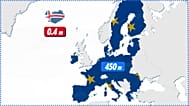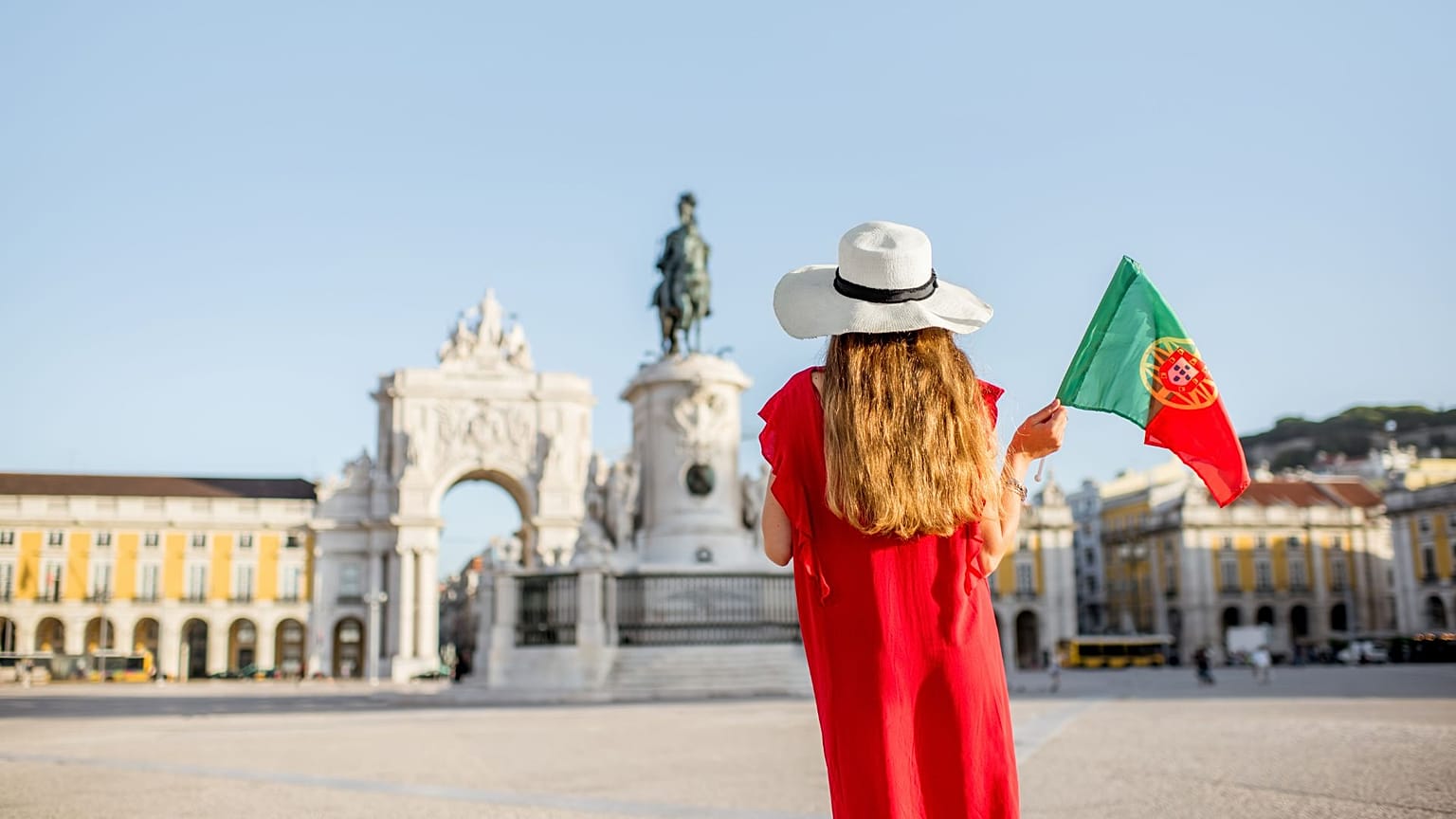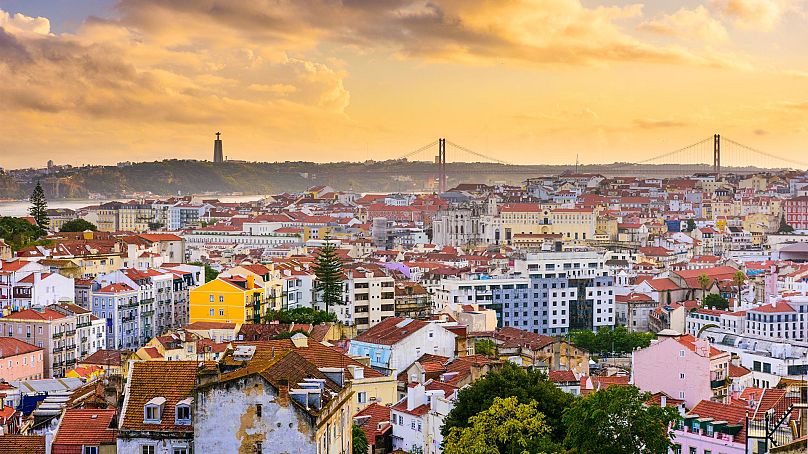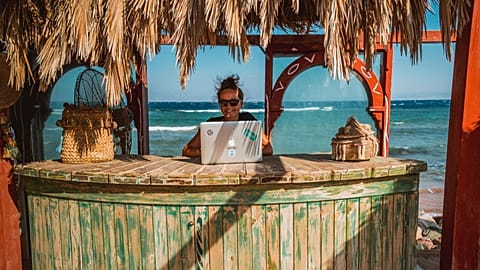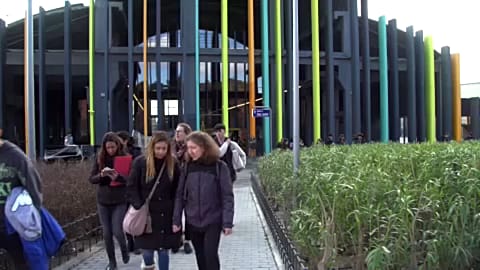Under the scheme, remote workers are able to live and work in Portugal for a year - but there is a minimum income requirement.
Sick of the office? Good news - Portugal has launched a new one-year digital nomad visa.
 ADVERTISEMENT
ADVERTISEMENT
 ADVERTISEMENT
ADVERTISEMENT
Under the new scheme, remote workers are able to live and work in the country for up to 12 months.
Since launching the scheme in October 2022, Portugal has approved 200 digital nomad visas. The majority of applications have come from Brazil, the UK and the USA, according to the country's Ministry of Affairs.
To qualify, applicants must earn at least €2,800 per month - four times Portugal’s minimum wage.
“Portugal is a country for immigration. Every year, we receive thousands of immigrants, seeking opportunities in our country,” said Ana Catarina Mendes, a Portuguese Cabinet minister.
So if you’re looking for a change of scene - and fancy exploring Lisbon or Porto in between Zoom meetings - here’s everything you need to know.
What is Portugal’s digital nomad visa?
The new visa - officially called the “residence visa for the exercise of professional activity provided remotely outside the national territory” - is designed for working professionals.
It’s an alternative to the existing ‘D7’ visa - a popular residency permit mostly aimed at retirees and ‘passive income’ earners.
The new visa was created after the Portuguese government amended immigration law in July.
To qualify, applicants must:
- Come from a country not in the EU or EEA
- Be self-employed or employed by a company based outside Portugal
- Earn at least four times the Portuguese minimum wage per month - roughly €2,800.
This is an increase on the earnings requirements under the D7 scheme.
D7 visa holders only need to earn the Portuguese minimum wage (€822.50 per month) per month. However, these earnings must come from ‘passive’ income streams like rent or investments.
How do I apply for Portugal’s digital nomad visa?
As well as showing proof of income for the last three months, applicants must submit tax residency documents and a contract of employment (or proof of self-employment).
You can apply at a Portuguese Consulate in your home country, or at Portugal's immigration agency, Serviço de Estrangeiros e Fronteiras.
Is Portugal suitable for digital nomads?
With its buzzing cities, rugged coastline, and relatively low cost of living, Portugal is extremely popular with digital nomads.
Portugal frequently features in online listicles about ideal remote working locations - and with good reason. The major cities feature an abundance of co-working spaces and the country the 17th fastest wifi in the world.
Major cities Lisbon and Porto are perhaps the most popular destinations for digital workers. In Ponta Do Sol - on the coast of Madeira island - remote workers have set up a dedicated digital nomad village.
But trend of remote work has accelerated worldwide since the pandemic - since 2020, at least 30 countries have launched some kind of visa tailored at remote workers, including Malaysia, Croatia, Costa Rica, and Mexico.




